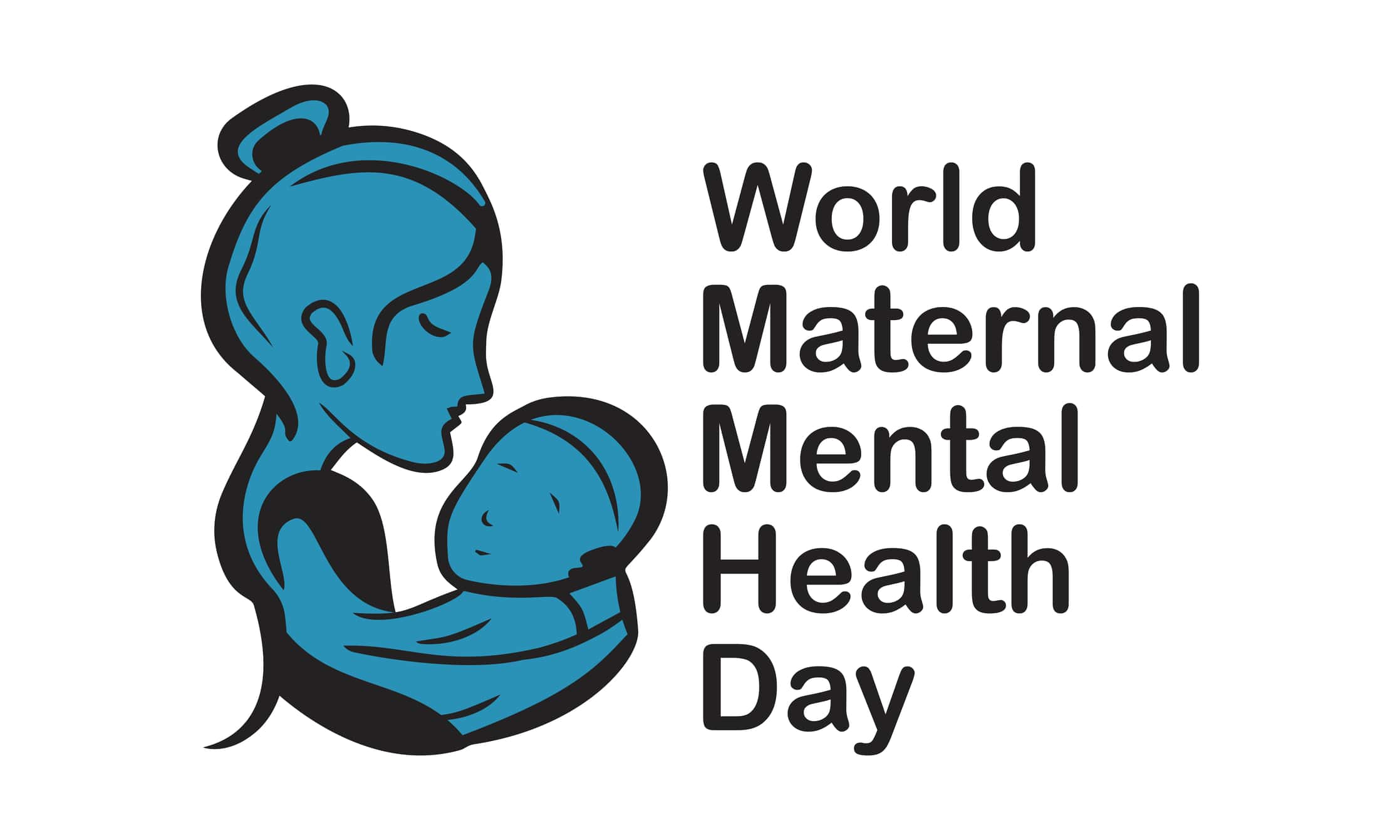AI is making significant advancements in the detection of perinatal mental health disorders, including postpartum depression and anxiety. AI can use machine learning algorithms to analyse data from various sources. These sources include electronic health records, patient-reported outcomes, and social media activity [36].
This analysis aids in identifying women at risk of developing postpartum mental health issues, allowing for early intervention by healthcare providers. Early detection is crucial as it enables the creation of personalized care plans tailored to each mother’s specific needs, ultimately improving outcomes for both mothers and their infants [37].
Beyond detection, AI-based digital platforms are being developed to assist intervention for early maternal mental health concerns. These platforms often feature AI chatbots and virtual assistants that engage with expectant and new mothers, screen for symptoms of mental health conditions, and provide customized resources and support [38].
By making mental health support more accessible and convenient, these AI-powered tools aim to reduce barriers to care, ensuring that mothers receive timely assistance. This proactive approach can significantly enhance maternal well-being during the perinatal period [38]. AI is also revolutionizing the provision of psychological support for mothers. Virtual support groups and AI-driven mental health resources are emerging, offering 24/7 access to information, coping strategies, and peer support [39].
These platforms create safe, non-judgmental spaces for mothers to share their experiences and connect with others who understand the challenges of parenthood. Such a sense of community can be invaluable for new mothers, helping alleviate feelings of isolation and anxiety that often accompany motherhood [39].
Moreover, AI-enabled therapy bots are being developed to provide on-demand mental health support. These chatbots, trained on extensive datasets of therapeutic conversations, can engage in natural language interactions to offer emotional support and cognitive-behavioural therapy techniques [40].
These AI-driven tools are not intended to replace human therapists. They can help bridge the gap in access to mental health care. This is especially important for mothers in underserved areas. AI-enabled therapy bots can empower mothers to seek further professional help when necessary [40]. The role of AI in addressing maternal mental health challenges is detailed in Table 3.


Culled from Mapari S A, Shrivastava D, Dave A, et al. (September 16, 2024) Revolutionizing Maternal Health: The Role of Artificial Intelligence in Enhancing Care and Accessibility. Cureus 16(9): e69555. doi:10.7759/cureus.69555



